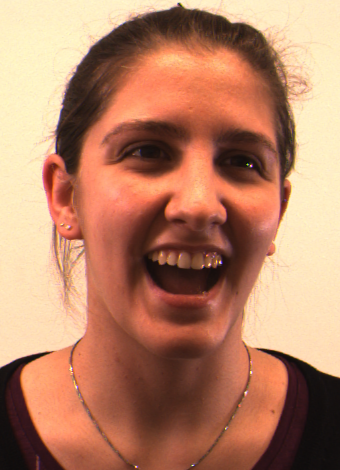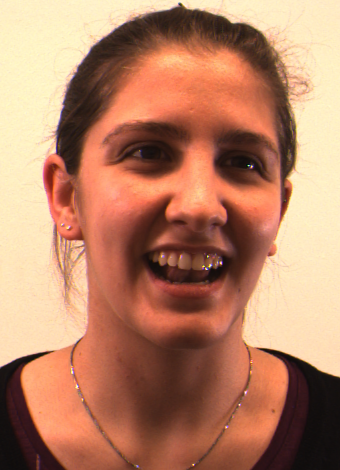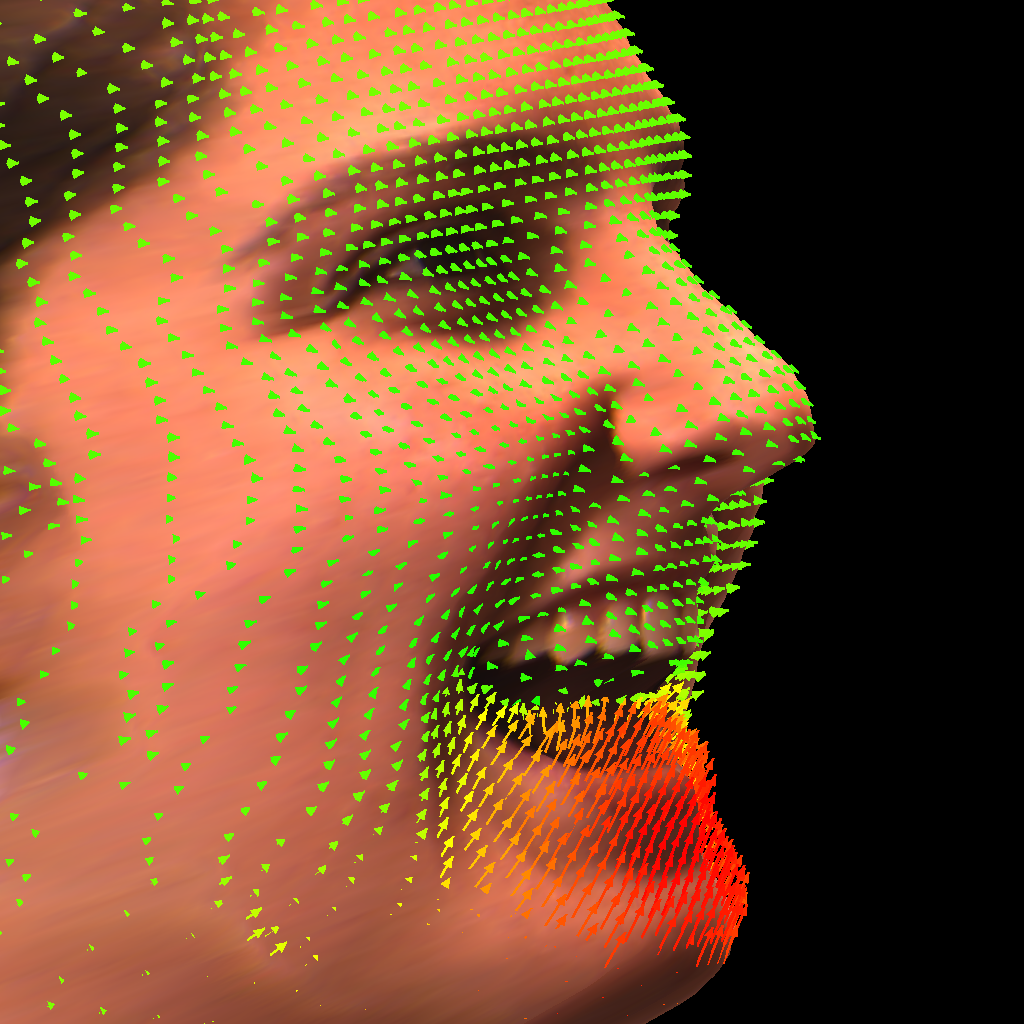
Seminar
Recent Advances in
Image Processing and Computer Vision
Winter Term 2010/11
Home
About Us
People
Teaching
Research
Publications
Awards
Links
Contact
Internal
Seminar: Recent Advances in Image Processing and Computer Vision
PD Dr. Michael Breuß,
Prof. Dr. Joachim Weickert
Winter Term 2010/11
Seminar (2h)
NEW: Grades We have fixed the grades a few days ago. The information should be available in Hispos within the next days (update from 13.04.).
Notice for bachelor/master students of mathematics: This is a »Hauptseminar« in the sense of these study programs.

|

|

|
Important Dates – Description – Administrative details – Requirements – Overview of Topics
First meeting:
Friday, July 23, 2010, 16:15h, Building E1.1, Room 306
Sign-up deadline:
Friday, July 23, 2010, 12:00h.
Regular meetings during winter term 2010/2011:
Tuesdays, 16:15h, Building E1.1, Room 306
Date of first regular meeting: TBA .
Please direct all organisatorial requests to PD Dr. Michael Breuß
Contents: There has been enormous progress in image processing and computer vision in recent years. Both the quality of the models and the efficiency of the algorithms have improved significantly. In this seminar participants learn more about these recent advances.
Prerequisites: The seminar is designed for graduate students (i.e. advanced Bachelor, Master, and post-Vordiplom) of visual computing, computer science or mathematics. Specific knowledge in image analysis or computer visision is recommended.
Language: Understanding scientific text in English is indispensable. Talks and write-up can be in English or German.
Sign-up:
If you are interested to participate, you can
register yourself
from
Wednesday, July 21, 2010, 12:00h
to Friday, July 23, 2010, 12:00h
Since the number of talks is limited, we ask for your understanding
that participants are considered strictly in the order of registration
– no exceptions.
Sessions: First meeting takes place Friday, July 23, 2010, 16:15h, Building E1.1, Room 306. Regular sessions will be weekly during the winter term. Exact schedule to be determined at first meeting.
Regular attendance: It is expected that you attend all seminar meetings, except for provable important reasons (we check).
Talk:
Talk duration is 30 min, plus 15 min for discussion. Please do not
deviate significantly from this time schedule.
You may give a presentation using a data projector (»beamer«),
overhead projector or blackboard, or mix these media appropriately.
English is preferred as language of presentation; if you should decide to
talk in German anyway, you must use slides in English.
Write-up: The write-up has to be handed in till three weeks after the end of the lecturing period. The write-up should summarise your talk, about 5 pages per speaker will be adequate in most cases. Electronic submission is preferred. File format for electronic submissions is PDF – text processor files (like .doc) are not acceptable. We recommend using LaTeX. Adhere to the standards of scientific referencing: Quotations and copied material (such as images) must be clearly marked as such, and a bibliography is required.
Mandatory consultation: Talk preparation has to be presented to your seminar supervisor not later than in the week before the talk is given. It's your responsibility to approach us timely and make your appointment!
Please note that the schedule is preliminary and subject to changes.
| No. | Topic | Date |
|
1 2 |
Daniel Spieldenner - Motion-Invariant Photography Andreas Teucke - Electrostatic Halftoning |
Nov 2 |
|
3 4 |
Sandra Alshabben
- Mean Shift: A Robust Approach Toward Feature Space Analysis Sabine Mueller - From Box Filtering to Fast Explicit Diffusion |
Nov 9 |
|
5 6 |
Ole Rehmsen
- Fields of Experts: A Framework for Learning Image Priors Mateusz Malinowski - Discrete Regularization on Weighted Graphs for Image and Mesh Filtering |
Nov 16 |
|
7 8 |
Gholamreza Bahmanyar
- Robust Variational Approaches to Positivity-Constrained
Image Deconvolution Kevin Baum - Complementary Optic Flow |
Nov 23 |
|
9 10 |
Michael Stoll
- Large Displacement Optical Flow: Descriptor Matching
in Variational Motion Estimation Wandi Susanto - Secrets of Optical Flow Estimation and Their Principles |
Nov 30 |
|
11 12 |
Daniel Wand
- A Geometric Framework and a New Criterion in Optical Flow Modeling Silvano Galliani - Motion Estimation with Non-Local Total Variation Regularization |
Dec 7 |
|
13 14 |
Ilya Goncharov
- Dense versus Sparse Approaches for Estimating the Fundamental Matrix Christopher Schroers - Joint Estimation of Motion, Structure and Geometry from Stereo Sequences |
Dec 14 |
|
15 16 |
Stoyan Furnadzhiev
- Image Matching as a Diffusion Process: An Analogy with Maxwell's Demon Ebad Pirmoradian - One-iteration Dejittering of Digital Video Images |
Jan 4 |
|
17 18 |
Torsten Spieldenner
- An Image Inpainting Technique Based on the Fast Marching Method Maimaiti Maolanjiang - A Shock-Capturing Algorithm for the Differential Equations of Dilation and Erosion |
Jan 11 |
|
19 20 |
Helge Rhodin
- Perspective Shape from Shading with Non-Lambertian Reflectance Shujie Li - Photometric Stereo under Perspective Projection |
Jan 18 |
MIA Group
©2001-2023
The author is not
responsible for
the content of
external pages.
Imprint -
Data protection